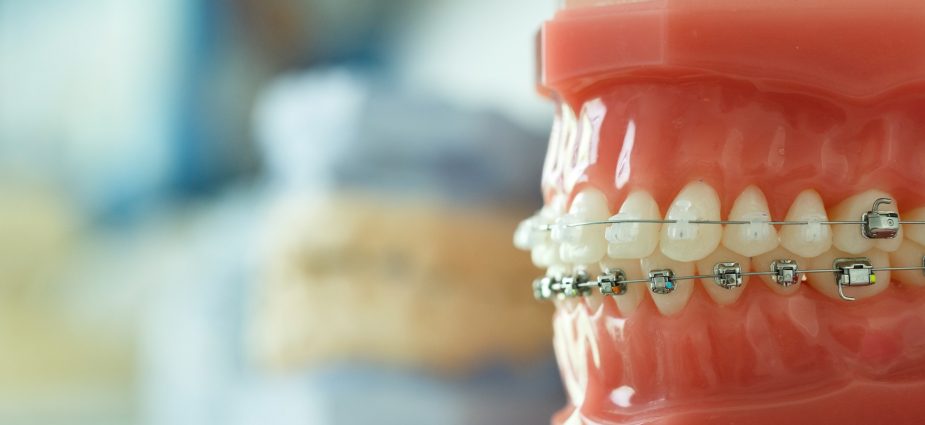Getting braces can be an exciting step toward a straighter smile, but many people wonder how Dental Braces In Dubai might affect their speech. It’s common to experience some changes or challenges in speaking when braces are first applied, but understanding why this happens and how to adjust can help you regain clear and confident speech quickly.
Why Dental Braces Affect Speech:
Dental braces introduce new hardware to your mouth, including brackets, wires, and sometimes elastics. These components change the way your tongue interacts with your teeth and oral cavity, which can temporarily alter sounds and pronunciation. The initial adjustment period is when speech may feel different or unclear.
Common Speech Issues with Braces:
Many people with braces experience lisping or difficulty pronouncing certain sounds, especially “s,” “sh,” and “th.” This occurs because the tongue may struggle to find its usual placement due to the brackets and wires. Some patients also notice increased saliva production, which can affect speech fluency during the first few days.
How Long Does Speech Adjustment Take:
Most people adapt to speaking with braces within one to three weeks. During this period, the brain and tongue learn to compensate for the new appliances. Consistent practice in speaking, reading aloud, or even singing can accelerate this adaptation and help restore normal speech patterns faster.
Tips to Improve Speech with Braces:
To ease speech challenges, try slowing down your speech and enunciating words more clearly. Practice difficult sounds and read aloud daily to train your tongue. Avoid habits that can worsen speech issues, like talking too fast or mumbling. Over time, these exercises build muscle memory and improve clarity.
Role of Orthodontic Appliances in Speech:
Different types of braces impact speech differently. Traditional metal braces tend to have a minimal long-term effect once adjusted, while lingual braces (placed behind teeth) may cause more speech disruption initially. Clear aligners usually cause less interference but might still affect speech during adjustment periods.
Managing Discomfort to Aid Speech:
Discomfort from braces, such as sore teeth or irritation of the tongue and cheeks, can indirectly affect speech by making you less willing to talk. Using orthodontic wax on sharp edges, rinsing with warm salt water, and taking over-the-counter pain relief as needed can minimize discomfort and help maintain normal speech habits.
When to Seek Professional Help:
If speech difficulties persist beyond a few weeks or significantly interfere with daily communication, consult your orthodontist. Sometimes, minor adjustments to the braces or additional speech therapy may be necessary to address lingering issues and ensure your treatment progresses smoothly.
Final Thoughts:
Experiencing speech changes after getting Dental Braces In Dubai is common but usually temporary. With patience, practice, and proper care, most patients adjust quickly and regain clear, confident speech. Understanding what to expect and how to manage speech challenges can make your orthodontic journey more comfortable and successful.

